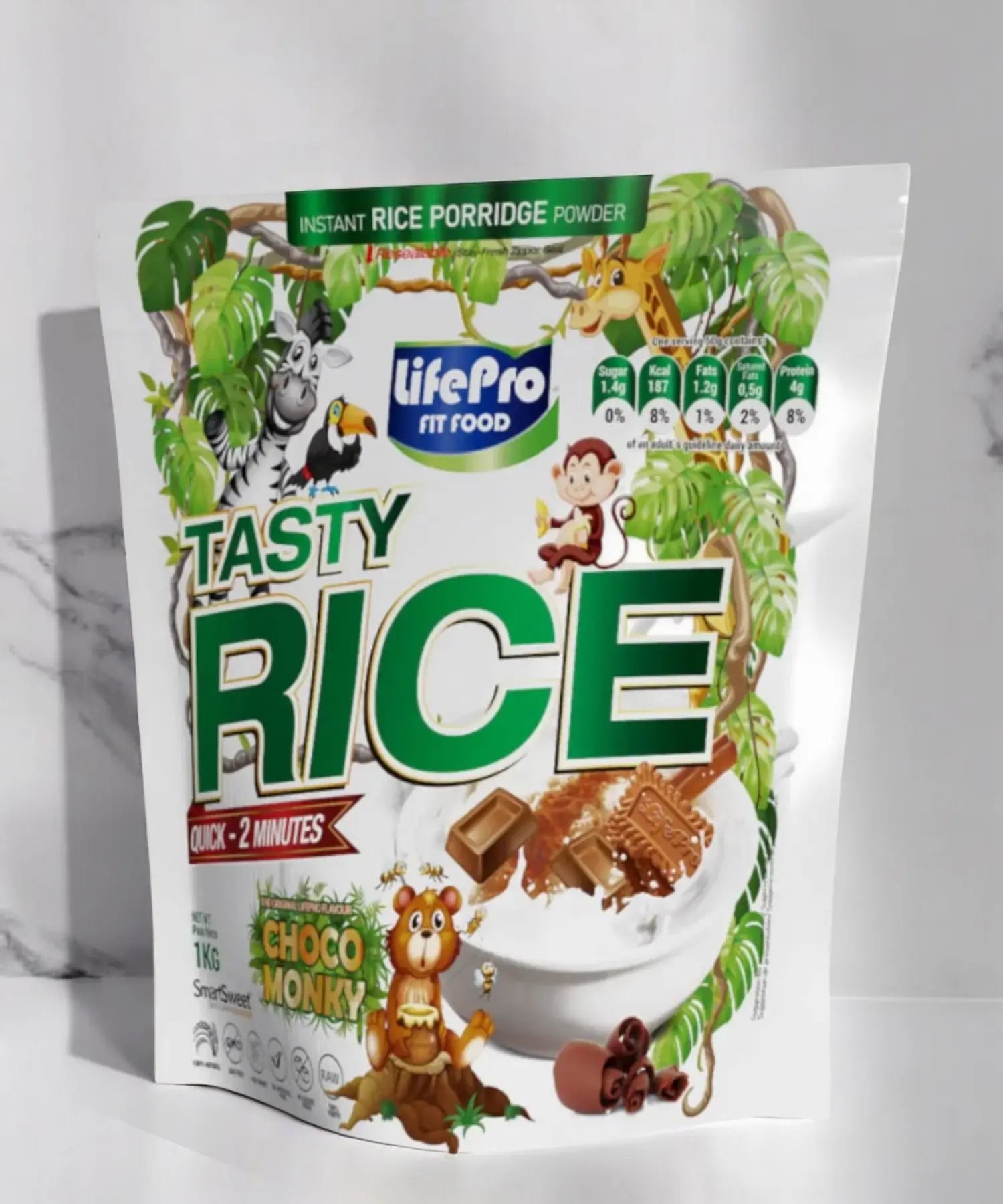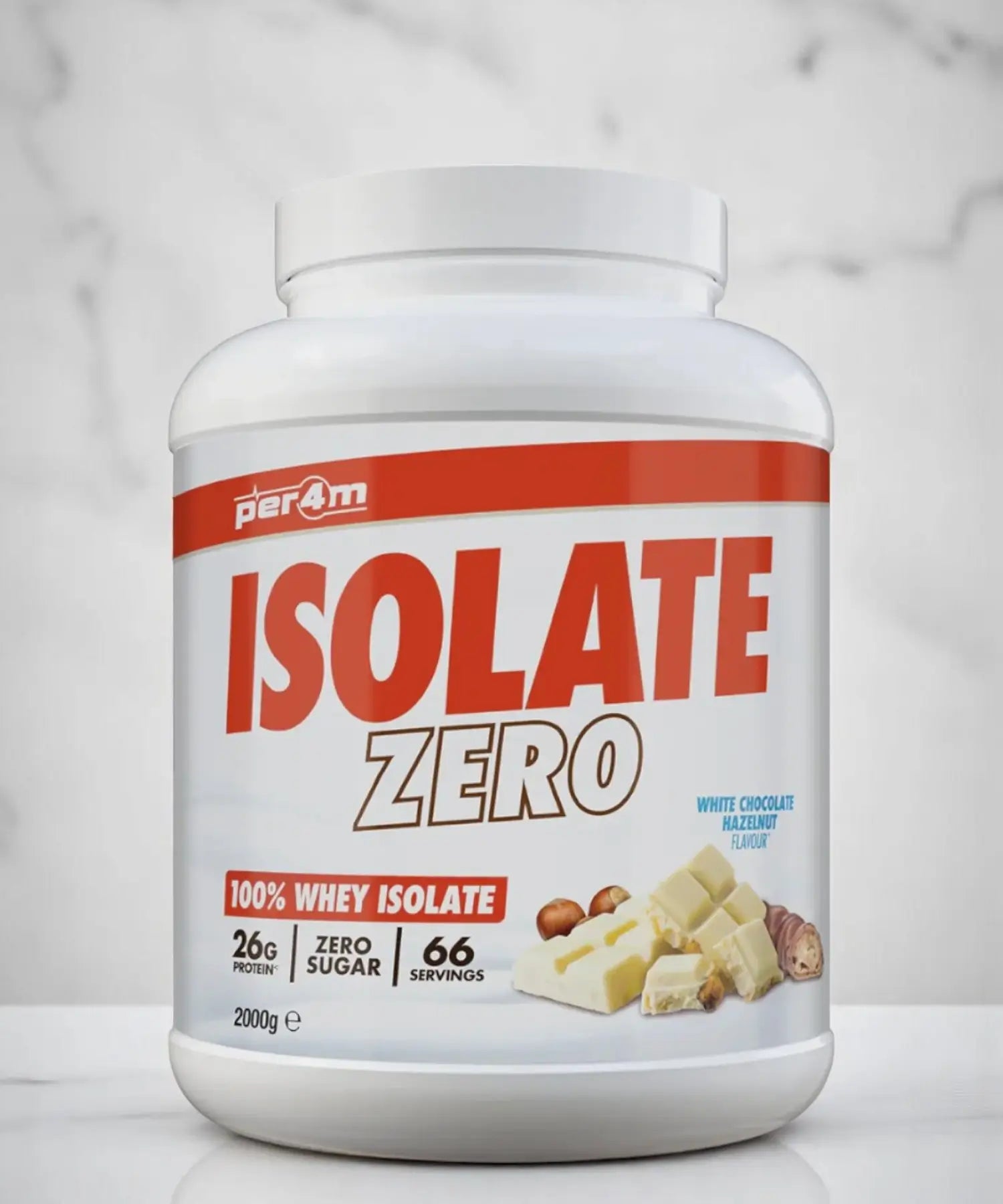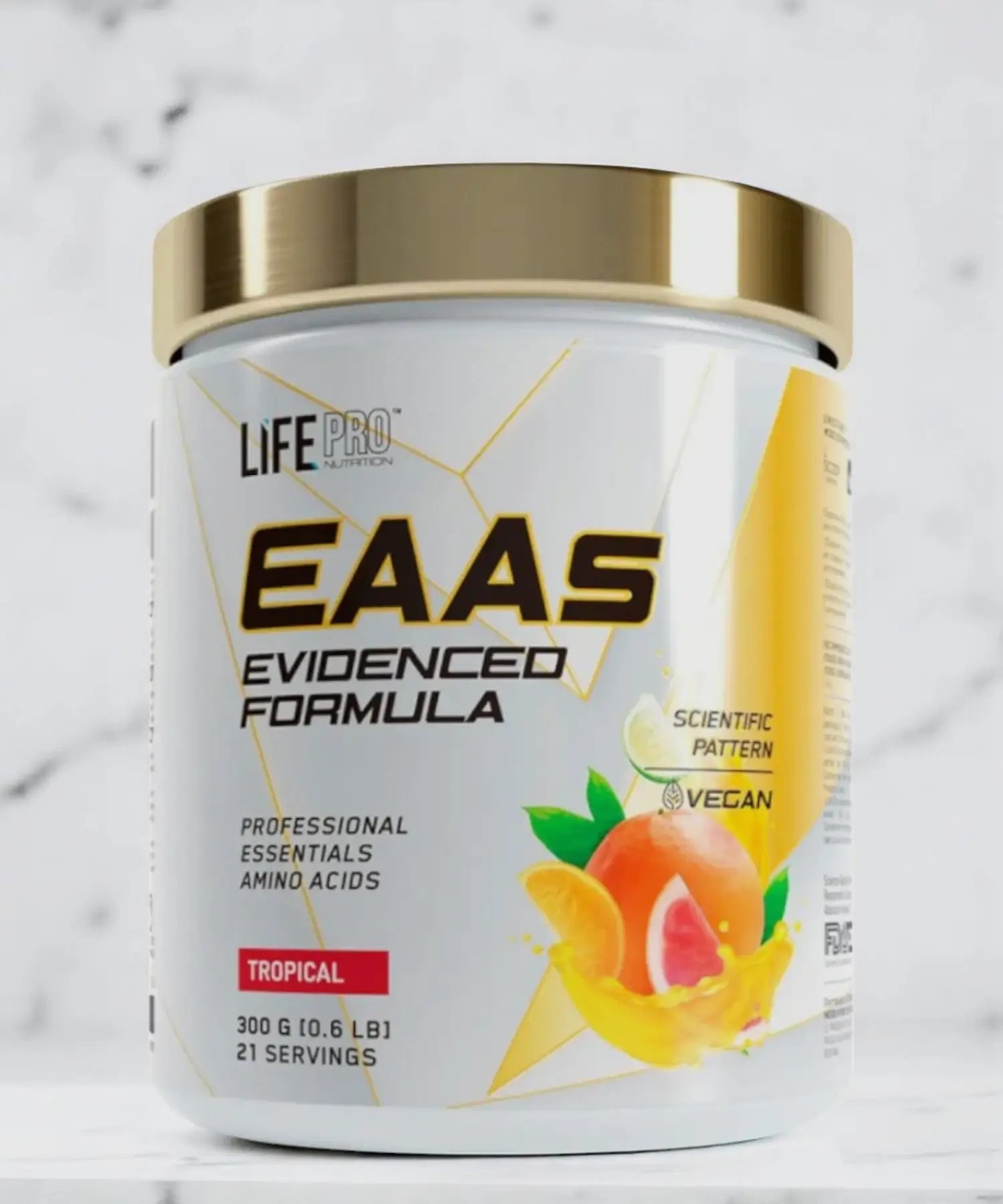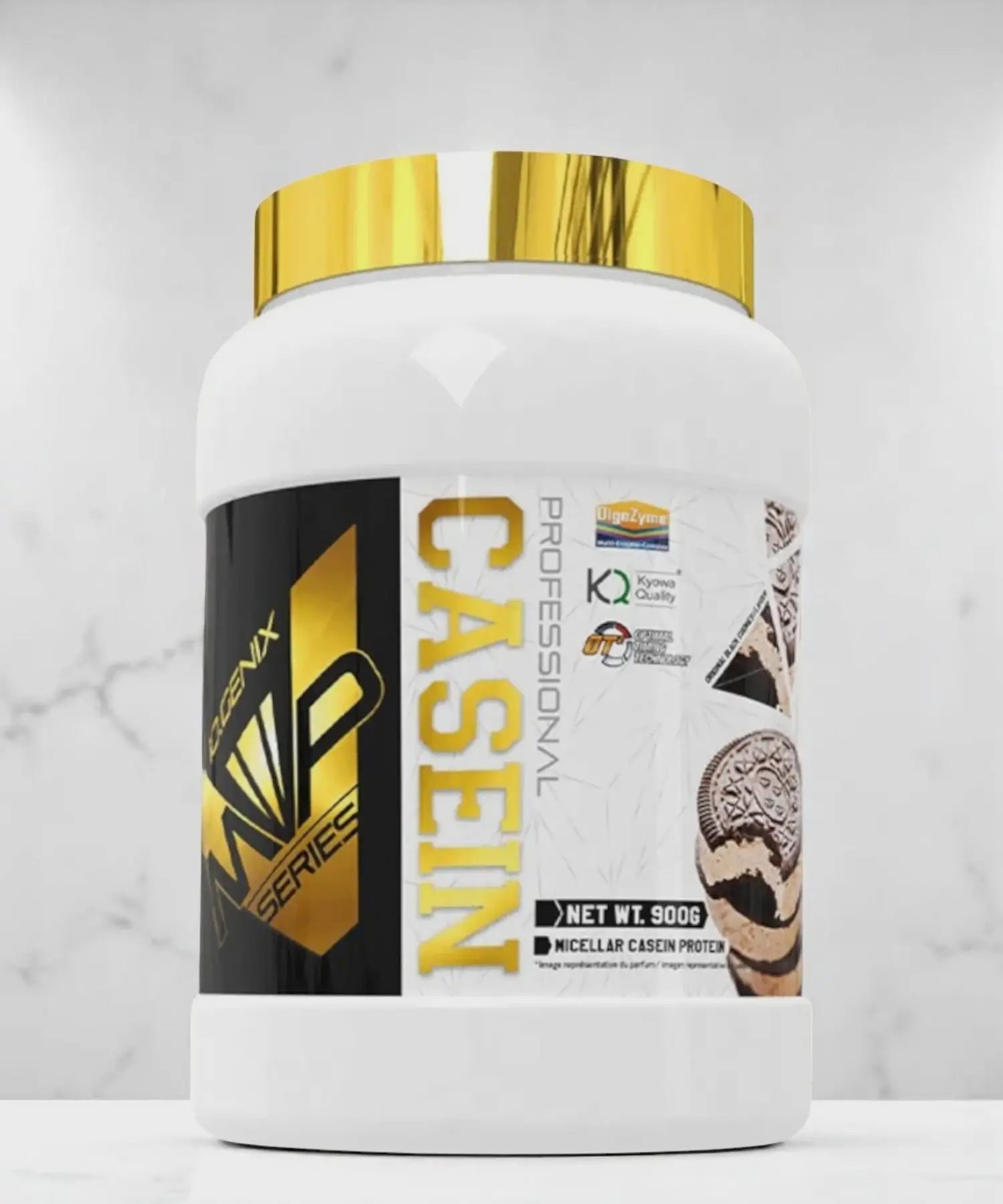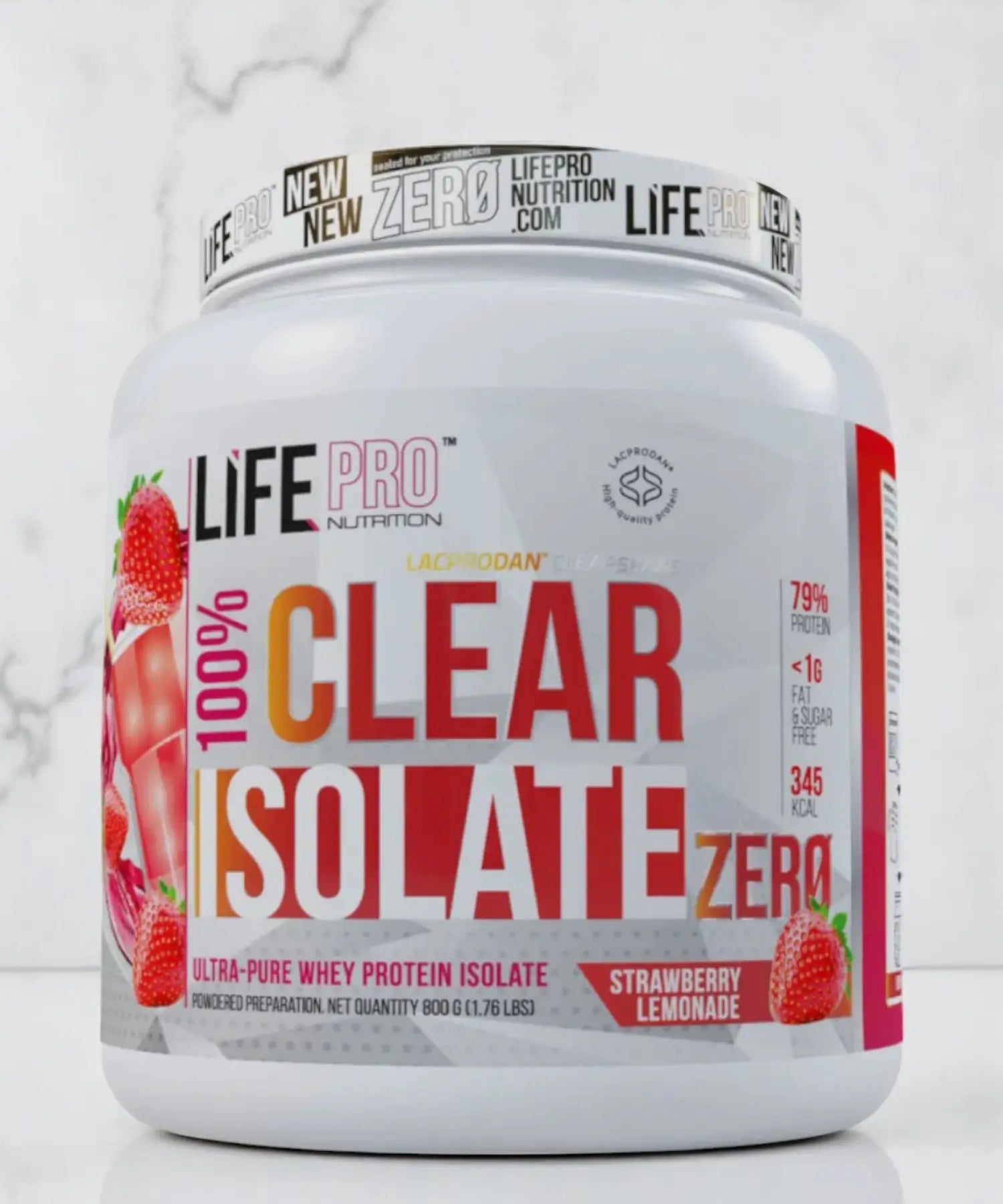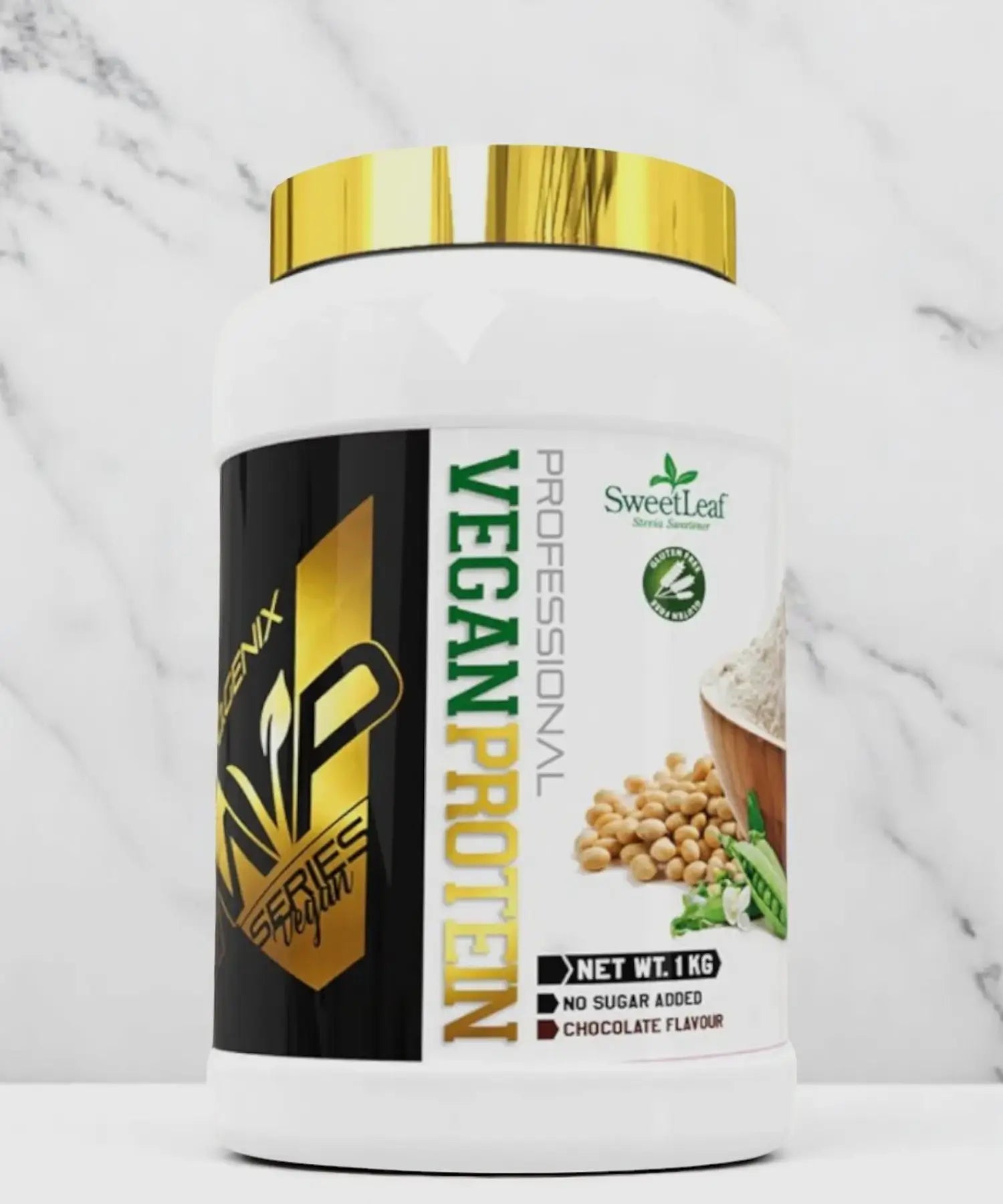0 products
This collection is empty
Continue shoppingVitamin A, essential for health, is found in a variety of foods and supplements. However, knowing how to properly incorporate it into our diet isn't always easy. This article explores the various benefits of vitamin A, food sources that contain it, and supplements that can help increase your intake. You'll also discover how to choose a good vitamin A supplement, taking into account quality and safety criteria.
What is vitamin A and why is it essential?
Vitamin A is a fat-soluble vitamin that plays an important role in several biological functions essential to the proper functioning of the body. It contributes to the maintenance of normal vision , normal skin, and the normal functioning of the immune system . It also plays a role in the body's cellular specialization process.
ANSES (French Agency for Food, Environmental and Occupational Health Safety) states that vitamin A requirements vary depending on age, gender and specific physiological conditions. According to their recommendations, the recommended daily intake is 750 µg for adult men and 650 µg for adult women .
There are mainly two forms of vitamin A :
- Retinol , which is the active form, directly usable by the body. It is found mainly in animal products such as liver, milk and eggs.
- Carotenoids , of which beta-carotene is the best known. These pigments, found in yellow, orange, and green fruits and vegetables (such as carrots, spinach, and sweet potatoes), are precursors of vitamin A. The body converts them into retinol as needed.
Retinol and Beta-Carotene: What's the Difference?
Vitamin A intake can come from two main sources, each with specific characteristics.
- Retinol: This is the active form of vitamin A, directly usable by the body. It is found mainly in animal products . Retinol plays a role in many bodily functions, including vision and the immune system .
- Beta-carotene (carotenoids): This carotenoid is a natural pigment found in many colorful fruits and vegetables , such as carrots, spinach, and sweet potatoes. Unlike retinol, beta-carotene is not immediately active in the body. It is converted to active vitamin A (retinol) as needed. This conversion occurs primarily in the gut and liver, allowing the body to regulate its vitamin A levels efficiently.
So, although retinol and beta-carotene are both forms of vitamin A, retinol is already ready for use by the body, while beta-carotene acts as a reserve that the body can activate when needed.
Benefits of Vitamin A Supplements
Vitamin A supplements, whether in the form of retinol or beta-carotene, are used for various health benefits. Here are some areas where vitamin A plays a crucial role.
Vitamin A for eye health
One of the most well-known roles of vitamin A is its contribution to maintaining normal vision . Indeed, vitamin A is a key component of rhodopsin , a protein located in retinal cells that is responsible for the perception of dim light. According to a 2023 study published in Frontiers in Pharmacology, vitamin A is essential for maintaining normal retinal function (1).
A role in the immune system
Vitamin A also plays a role in the immune system by maintaining its normal function. Vitamin A plays a role in the proliferation and differentiation of certain regulatory white blood cells, as well as in various immune functions, by acting through indirect mechanisms. (2).
Vitamin A and the skin
Vitamin A, and in particular its derivative retinol , is widely used in cosmetic products for its properties. It helps maintain normal skin . Retinol is often present in anti-aging creams and is recommended by dermatologists.
How to choose a vitamin A food supplement?
Choosing the right vitamin A supplement is crucial to ensure its effectiveness and safety. Here are some important criteria to consider.
The form of vitamin A: Retinol or beta-carotene?
The choice between retinol and beta-carotene depends on your individual needs. If you have a vitamin A requirement, retinol will be more effective more quickly because it is already in its active form. Beta-carotene, being a precursor, is more suitable if you are looking to maintain optimal vitamin A levels without the risk of overdose, because the body only converts what it needs.
Bioavailability and quality of products
Always check that the dietary supplement comes from a reliable source. Choose vitamin A supplements made by reputable brands that use quality ingredients and adhere to manufacturing standards.
Dosage and safety
Although vitamin A is essential, it can be toxic in large amounts, especially in the form of retinol. It is important to follow the recommended doses and consult a healthcare professional before starting a supplement, especially if you have a specific medical history.
The best food sources of vitamin A
There are a variety of vitamin A-rich foods that can help meet your daily needs for this essential vitamin. Depending on their source, these foods provide either retinol (the active form of vitamin A) or carotenoids , such as beta-carotene , which are converted to retinol in the body. Here are some of the best food sources of vitamin A:
- Animal liver: This is one of the most concentrated sources of vitamin A in the form of retinol. Beef or chicken liver is particularly rich, but it is also recommended to consume it in moderation due to its high vitamin A content.
- Orange and dark green vegetables: Foods like carrots, sweet potatoes, and spinach are rich in beta-carotene, a precursor to vitamin A. These vibrantly colored vegetables are great for the body because beta-carotene is converted into vitamin A as needed.
- Eggs and dairy products: Eggs, especially the yolk, as well as dairy products like milk, cheese, and yogurt, are excellent sources of retinol. These foods directly provide active vitamin A, which is easily used by the body.
- Green leafy vegetables: Vegetables like kale, broccoli, and dark lettuces are also rich in carotenoids, especially beta-carotene.
Incorporating these foods into your diet can help you meet your vitamin A needs.
Conclusion :
Vitamin A is a key component of our health. If your diet isn't enough to meet your needs, dietary supplements can provide an effective solution. However, it's essential to choose the right supplement based on your specific needs and always consult a healthcare professional before starting a supplement. Maintaining adequate levels of this vitamin helps maintain healthy vision, immune system, and skin.
Sources:
- Carazo, A., Macáková, K., Matoušová, K., Krčmová, L., Protti, M., Mladěnka, P. (2021). Vitamin A Update: Forms, Sources, Kinetics, Detection, Function, Deficiency, Therapeutic Use and Toxicity. MDPI Nutrients. DOI: https://www.mdpi.com/2072-6643/13/5/1703
- Huang, Z., Liu, Y., Qi, G., Brand, D., Zheng, S. (2018). Role of vitamin A on the ocular surface. Experimental Eye Research. DOI: https://www.sciencedirect.com/science/article/abs/pii/S0014483524004019?via%3Dihub






